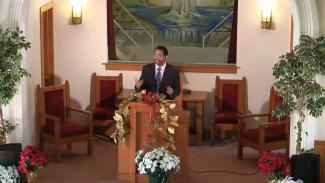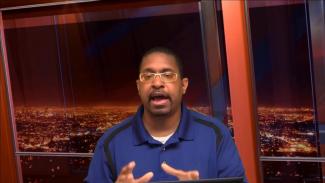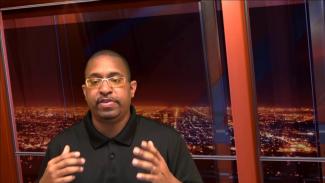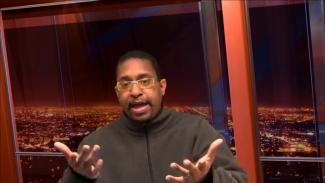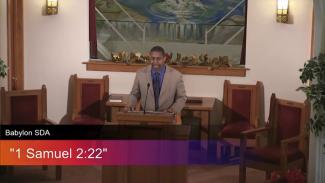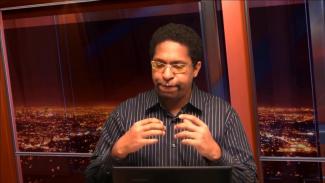Topic: Bible Characters
To see more broadcasts select show names, a year, or all video media.How important was unity to the early church? How did Paul endeavor to keep unity? On what matters did he stick to principle? Why was the early church split over issues like circumcision and the customs of Moses? What can we learn from them about unity and dealing with conflict? Can the church always be united? Were the apostles always in agreement?
This quarter we focus on the book of Galatians. What can the life of Paul, starting out as Saul of Tarsus, tell us about the context of Galatians? What were the historical circumstances under which the book was written? What happened in the early church between the Jewish and Gentile converts to Christianity? How can this help us to understand the themes of the book of Galatians?
How does Peter suggest we should act in our social relationships? How should Christians relate to government, superiors, or people of authority? Should Christians play by the rules? Does it make a difference if the powers that be are corrupt? Did Peter’s writings condone slavery? Why does God allow sum to go through oppressive situations? What should a Christian do if their spouse is not a believer?
Who was the Apostle Peter? What was he like before and after he met Jesus? How did Peter’s failures prepare him for his ministry? What were Peter’s strong points before his conversion experience? What lessons can we learn from the life of Peter as people who struggle, have flaws, and make similar mistakes? Was Peter perfect after his conversion?
Does God care when we're at our lowest point? Can we ever do so much wrong or mess up so bad that God can't forgive us? When God forgives do our actions still have consequences? Is it a sign of weakness to admit when you're wrong? Pastor Mirra follows the story of Manasseh which has much to say to hearts too proud to repent, even when they are brought to really low places in life.
God calls Moses for a purpose in the land of Midian, speaking to him from the burning bush. Why did God choose a burning bush to call Moses? What meaning did it have for him and for us today? Many are going through a wilderness experience not realizing that God may be calling them for a purpose.
Elder John Spellman preaches at Babylon SDA about parenting and the upbringing of children. How should parents relate to their children? Is it a good idea to be your child's friend? Do we really show love to people when we don't correct them? How does God, as a parent, deal with us as His children? As Christians, if we refuse to correct others, do we really show them love? This sermon focuses on the story of Eli and his two sons.
What kind of person was Job? How did he relate both to God and to the people around him? How was Job’s faith demonstrated in his works? Did Job sin in thought? Did Job’s wealth diminish the quality of his relationship with God? How did Job learn to be faithful to God? Was he born special or with some kind of advantage? Can people be blameless and upright in today’s world as Job was in his time? This week we study the character of Job.
Jeremiah's words had come to pass. The Babylonians had invaded and taken captives of the people of Judah. A remnant remained and new challenges arose for the nation. The people asked Jeremiah to inquire of the Lord for them. What words of warning did the prophet have for the people? How did they respond? What lessons can we learn from them today? Why was it wrong to seek safety in Egypt? In what ways do we tend to go back to Egypt today? What do these stories teach us about how we should relate to God's Word?
Job knew his Redeemer lived! How can we share in this hope today? What were the parallels between the suffering of Job and the suffering of Christ? What critique did Job make against God? How was this question answered in the person of Jesus Christ? When we don’t have all the answers here and now, how can we place our faith in God? In what way was Christ’s suffering different from that of Job?

